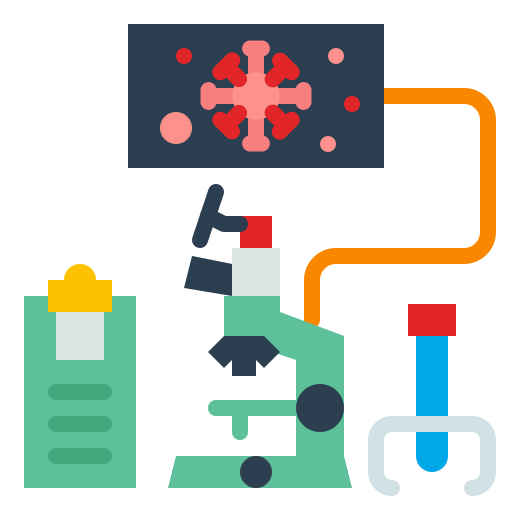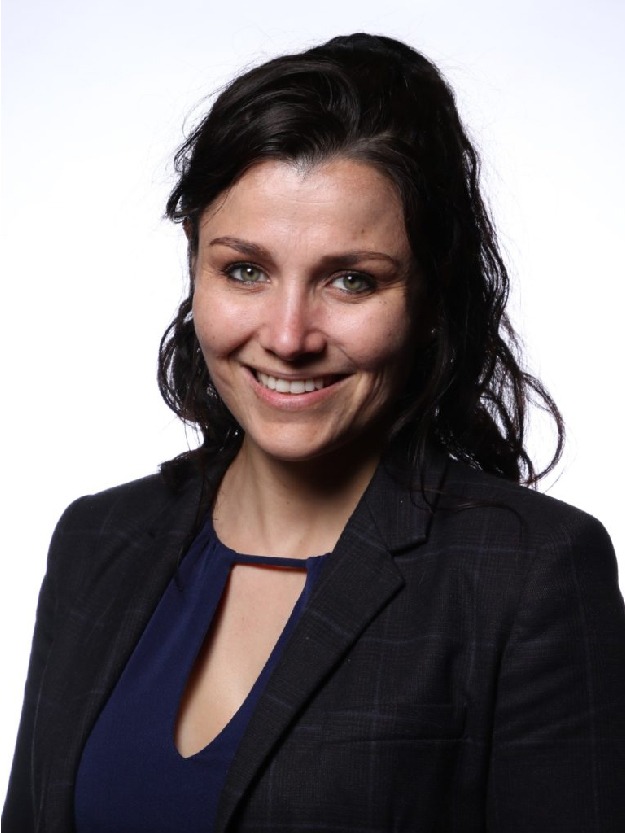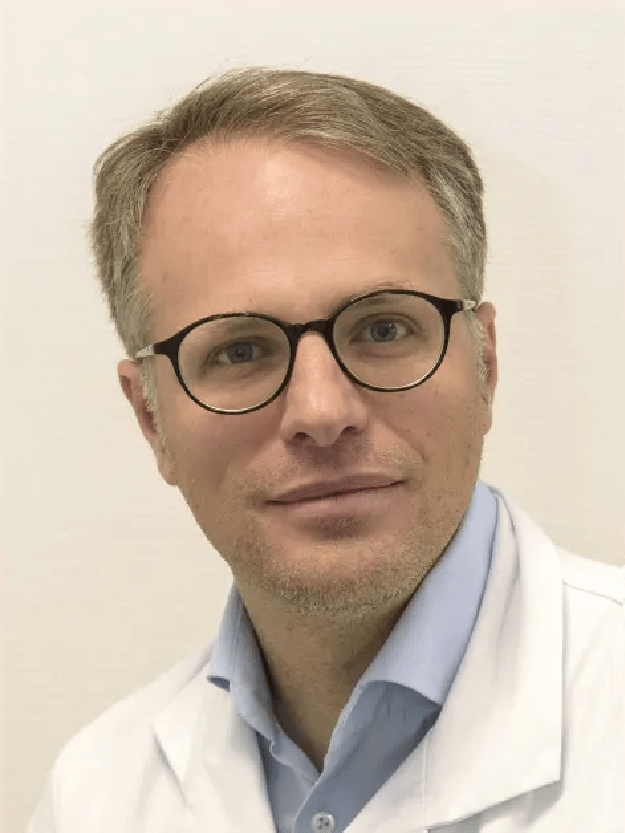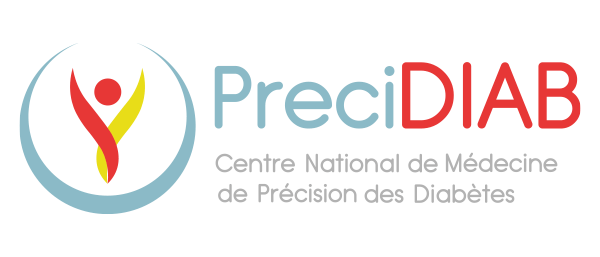SUMMARY - Platforms and equipment

LIGAN-PM
The EquipEX LIGAN-Personalized Medicine genomic center, headed by Professor Philippe FROGUEL and Doctor Amélie Bonnefond, is mainly dedicated to the analysis of the human genome and its anomalies. Its latest generation high-throughput sequencers allow the sequencing of the genome of patients suffering from frequent or rare diseases (responsible for diabetes, obesity, cardiovascular diseases, cancer, kidney disease).
LIGAN-PM’s teams of molecular biologists, computer scientists and bioinformaticians diagnose genetic diseases (under COFRAC ISO 15189 accreditation) and identify new genes for frequent or rare diseases. This European accreditation makes it possible to make genetic diagnoses as a Laboratory of Medical Biology.
LIGAN-PM provides medical research with the most efficient methodologies and protocols for the genomic and multiomic analysis of human diseases.
The LIGAN-PM platform also aims to provide very high-level training at different qualification levels (technicians, engineers, thesis students, post-docs).
LIGAN-PM plays a driving role in numerous scientific projects within the framework of public and private partnerships and offers genomic services of exceptional quality at reduced costs.
Immuno-phénotypage

Contacts
David Dombrowicz (Team Director)
Olivier Molendi-Coste (Technical manager and research engineer)
Laurent Pineau (Research engineer)
Person in charge: Dr. David Dombrowicz
An ever-growing number of studies illustrate the very important role played by cells of the immune system in cardiometabolic pathologies and their complications. In addition, an individual’s metabolic status partly determines the state of their immune system. In both cases, the detailed characterization of the immune system represents an important element in the diagnosis and in the understanding of the physiopathological mechanisms.
This is the reason why, within the framework of EGID-Labex, we have developed an original strategy for a metabolic immunophenotyping platform for analyzes in humans and in experimental or preclinical models.
This platform aims at the parallel analysis of metabolic parameters and immune cells and functions. To this end, strategies for the simultaneous analysis by flow cytometry of a large number of markers (up to 18 fluorescence parameters) have been developed not only for blood cells but also for adipose tissue, liver, muscle, intestine and skin. At the same time, we are developing strategies for analyzing endocrine cells, particularly in the pancreas. Cell sorting can also be performed in order to purify cell populations of interest for functional and / or molecular analyzes.
The immuno-phenotyping platform is equipped with several state-of-the-art equipment: a sorting analyzer allowing the simultaneous purification of 6 cell populations and an analyzer by mass cytometry, a rapidly developing technique for simultaneously analyzing up to 42 markers.
IMPACT PM

Person in charge: Dr. Marc Emmanuel Dumas
The metabolome platform responds to the need to set up a metagenomics theme by shotgun sequencing, in particular by creating synergy with the LIGAN-PM platform. This technical platform will be based on state-of-the-art equipment (latest generation mass spectrometers in particular), the establishment of a library of pure chemical standards for more than a thousand metabolites and lipids, and highly qualified dedicated personnel.
Together they will provide valuable scientific data on all of our projects. These data will then be analyzed through the implementation of a bioinformatic pipeline for processing metagenomic sequences. The latter will make it possible to integrate the metabolome, the metagenome and the host genome in order to map and exploit the wealth, still largely unknown, of our intestinal pharmacopoeia, a reservoir of bioactive natural substances biosynthesized by the microbiome with still largely potential. unexplored.
ADME-PK

Knowledge and services
Contacts
Scientific managers: Pr. B. Déprez & Dr F. Leroux
Operational manager: C. Piveteau
Person in charge: Prof. Benoît Deprez
The qualitative and quantitative characterization of the effects associated with the administration of a compound to a model animal is the keystone of the drug discovery process. This step is essential to estimate a future therapeutic effect and to assess the risk-benefit ratio of a drug candidate. As such, it is a necessary step in most therapeutic innovation projects, before deciding to hire a candidate for clinical trials. In these experiments conducted in vivo, the variability of the pharmacodynamic response often requires large numbers to provide meaningful results.
In a legitimate context of the 3Rs “Replacement, Reduction and Refinement” which govern the use of animal experiments, it is essential to use in these experiments only compounds which have been previously proven in vitro that they reach their site. action at the speed and concentration required to exert their effect.
Therefore, evaluation of ADME (Absorption, Distribution, Metabolism and Elimination) parameters is widely used during the target validation, hit-discovery, and lead optimization stages. These parameters make it possible to evaluate the exposure of animals to the compound and to relate it to the importance of the effect and the engagement of the target.
Our platform allows rapid evaluation of these parameters and provides project managers with the relevant information to select the best compounds for in vivo experiments and to better interpret the in vivo data. In addition, this ADME data will allow optimization of the main structure for the best possible in vivo performance.
DiabInnov – Dispositif Médicaux
DiabInnov is a research platform that helps companies and academic laboratories to research and develop innovative therapies for the treatment of metabolic diseases and their comorbidities, in order to significantly advance the therapeutic management of patients.
It is made up of a multidisciplinary translational research team. This team is known worldwide for its clinical and preclinical research on human islets of Langerhans and for its animal models.
Its mission is to put fundamental, preclinical and clinical research on metabolism at the service of health research companies and universities, in order to highlight new pharmacological targets, to test new compounds and to accelerate safety tests and efficiency of innovative medical devices.
DiabInnov’s main area of research is focused on human metabolism, focusing on the isolation of islets of Langerhans for clinical transplantation and translational research, complemented by basic research on the cell biology of human islets of Langerhans.
Our research platform also aims to identify and validate new molecular biomarkers associated with obesity and its comorbidities, in particular type 2 diabetes. This is possible thanks to the unique cohort of human islets from lean, obese and diabetic donors and to the ABOS biobank: a translational research collection of metabolic tissues (liver, muscle, visceral and subcutaneous adipose tissue, intestine) and blood samples (plasma, serum, DNA) from> 1,600 obese who underwent bariatric surgery. DiabInnov’s perspective is to promote dialogue between scientists, researchers and surgeons on the one hand, and pharmaceutical companies and manufacturers of innovative medical devices on the other.
This biomedical gateway to biotechnological innovation facilitates the obtaining of patents, the acceleration of CE marking, the implementation of new surgical approaches using excellent know-how.

 News
News




